In the context of our online school, we focussed on reimagining learning for our Middle School students through Problem based Learning (PBL). To ensure that our students are engaged in their classes online we taught Grade level topics/concepts through interdisciplinary Problem Statements. Note-taking and research modules were built into the instructional framework and this helped our students to go beyond the scope of their texts, to think and apply their learning in unfamiliar contexts. Finally, students worked in groups to present their understanding of topics that they wanted to explore in-depth. Their artifacts included journaling and making inspired by the virtual tools that they explored through their MakerSpace classes. We also celebrated student work through our online ‘Celebration of Learning’ wherein we allowed students to share and appreciate the work of their peers.
We believe that this approach will help us to build life skills and competencies such as problem-solving, collaboration, critical thinking, research and reflection that will help students see their learning as being connected to the world around them.
For this presentation, we would like to share our journey of how we were able to translate our teaching pedagogy online and support our teachers as they grappled with both the online teaching medium and the requirements of the approach.
Benefits of Project/Problem–Based Learning:
We believe that by exploring grade-level concepts our students can explore questions related to the topics. These questions can then further lead to teacher-directed inquiry in the classroom that will allow for more student-directed learning, as students research on topics of their choice. Further, they used their growing understanding, to work in groups, to apply their knowledge in different contexts. We have completed four cycles of PBL in the academic year 2020-21 and are using our learning from this experience, to refine and fine-tune the next cycle of PBL.
Understanding Pedagogy: Teacher Development
In order to support our teachers, we created a year-long teacher development program to introduce the notion of problem–based learning online. Sustained professional development along with a mentor-driven program helped in the smooth transition of this approach online.
Professional learning communities based on Wenger’s Communities of practice and agile methodology were created to help share concerns, issues and best practices so that they benefit from collective knowledge and experience.
Plan-Do-Check-Act conceptual framework was used to refine the process of learning and shape professional practice.
Case study : Student Learning and Reflection Samples
We captured student learning using three outcomes. The artefact of learning, journals/ writing units and student reflection. This helped our young learners to understand the whole process of learning from ideation, conceptualization and arriving at the final product of learning.
Case studies of Student Learning and Reflection
https://www.instagram.com/tv/
https://www.instagram.com/tv/
Literature Review:
Barell, John. Problem–Based Learning. Corwin Press, 2007.
Boud, David. The Challenge Of Problem–Based Learning. Routledge, 2009.
Duch, Barbara J et al. The Power Of Problem–Based Learning. Stylus, 2001.
Savin-Baden, Maggi. A Practical Guide To Problem–Based Learning Online. Routledge, 2008.
Wenger, Etienne. Communities of Practice: Learning, Meaning, and Identity. Cambridge, U.K: Cambridge University Press, 1998.
As a visitor you can view up to two presentations per month after that you will be required to subscribe to 21st Century Learning Conference
November 2021
Job Role Applicability:
Presentation





